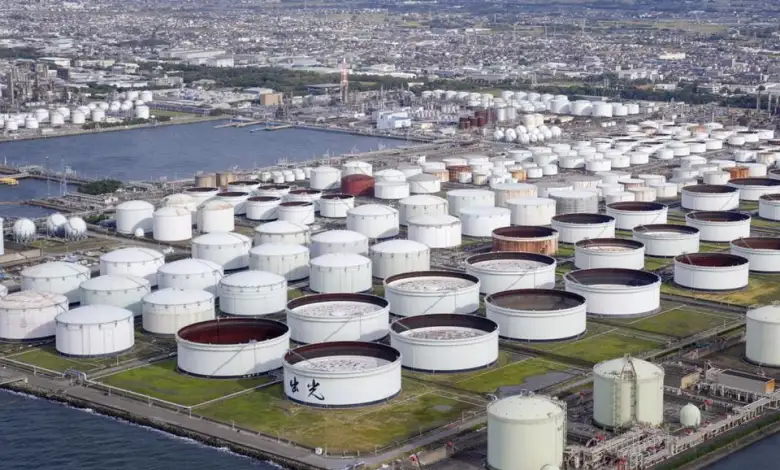Oil Prices Surge Amid Middle East Tensions

- Oil prices climbed on Monday
- The jump was fueled by a deadly rocket attack
- The oil market is navigating a complex landscape
Oil prices climbed on Monday, recovering some of last week’s losses, as escalating tensions in the Middle East sparked concerns about potential supply disruptions.
The jump was fueled by a deadly rocket attack in the Israeli-occupied Golan Heights, blamed by Israel and the United States on the Lebanese militant group Hezbollah.
Brent crude futures rose by 40 cents to $81.53 a barrel, while U.S. West Texas Intermediate (WTI) crude gained 34 cents to $77.50 a barrel.
These increases come after a turbulent week that saw Brent decline by 1.8% and WTI by 3.7% amid waning Chinese demand and hopes for a ceasefire in the Gaza Strip.
The rocket attack on Saturday, which killed 12 children and teenagers, prompted Israel to vow retaliation against Hezbollah. Israeli jets struck targets in southern Lebanon on Sunday, further escalating the situation.
While analysts attributed the oil price increase to these growing Middle East tensions, they also cautioned that gains were tempered by ongoing worries about weakening demand in China, the world’s largest oil importer.
Compounding the market’s uncertainty is the ongoing conflict in Gaza, where Israel is demanding significant concessions from Hamas before agreeing to a ceasefire.
Data released earlier this month showing a sharp decline in China’s fuel oil imports in the first half of 2024 has also raised concerns about overall oil demand in the Asian giant.
As the global economy continues to grapple with challenges, investors are closely watching the U.S. Federal Reserve’s interest rate decision and China’s manufacturing data for clues about future oil demand. Meanwhile, the U.S. oil industry has increased drilling activity, which could potentially boost supply.
Adding to the geopolitical complexities is the ongoing political crisis in Venezuela. The country’s electoral authority recently declared President Nicolás Maduro the winner of a third term, a result disputed by the opposition and the United States.
The U.S. has warned of potential changes to its sanctions policy on Venezuela depending on the situation’s development.
Overall, the oil market is navigating a complex landscape with competing forces pushing prices in opposite directions.
While the immediate focus is on the escalating tensions in the Middle East, longer-term concerns about global economic growth and demand remain significant factors influencing oil prices.






